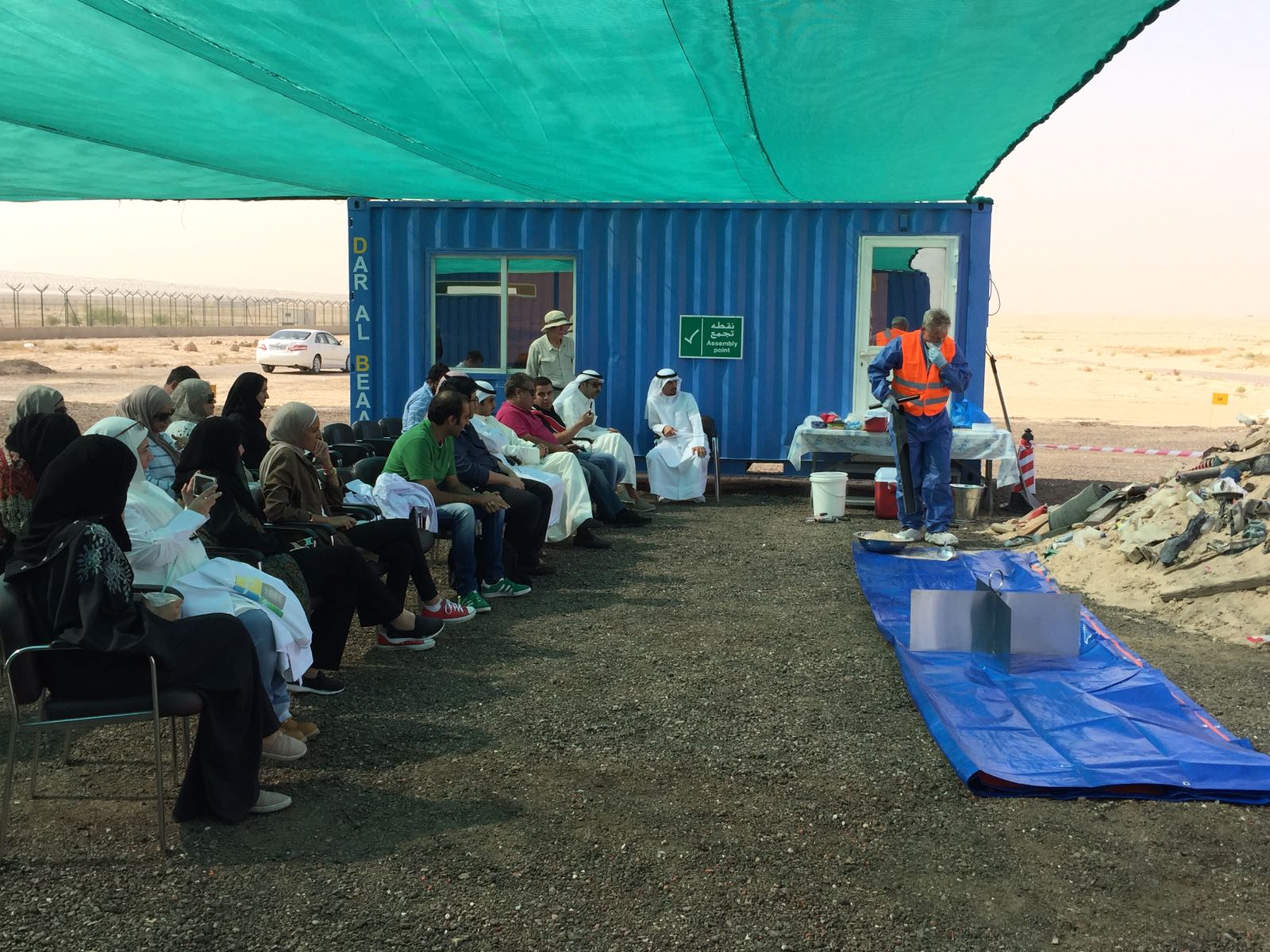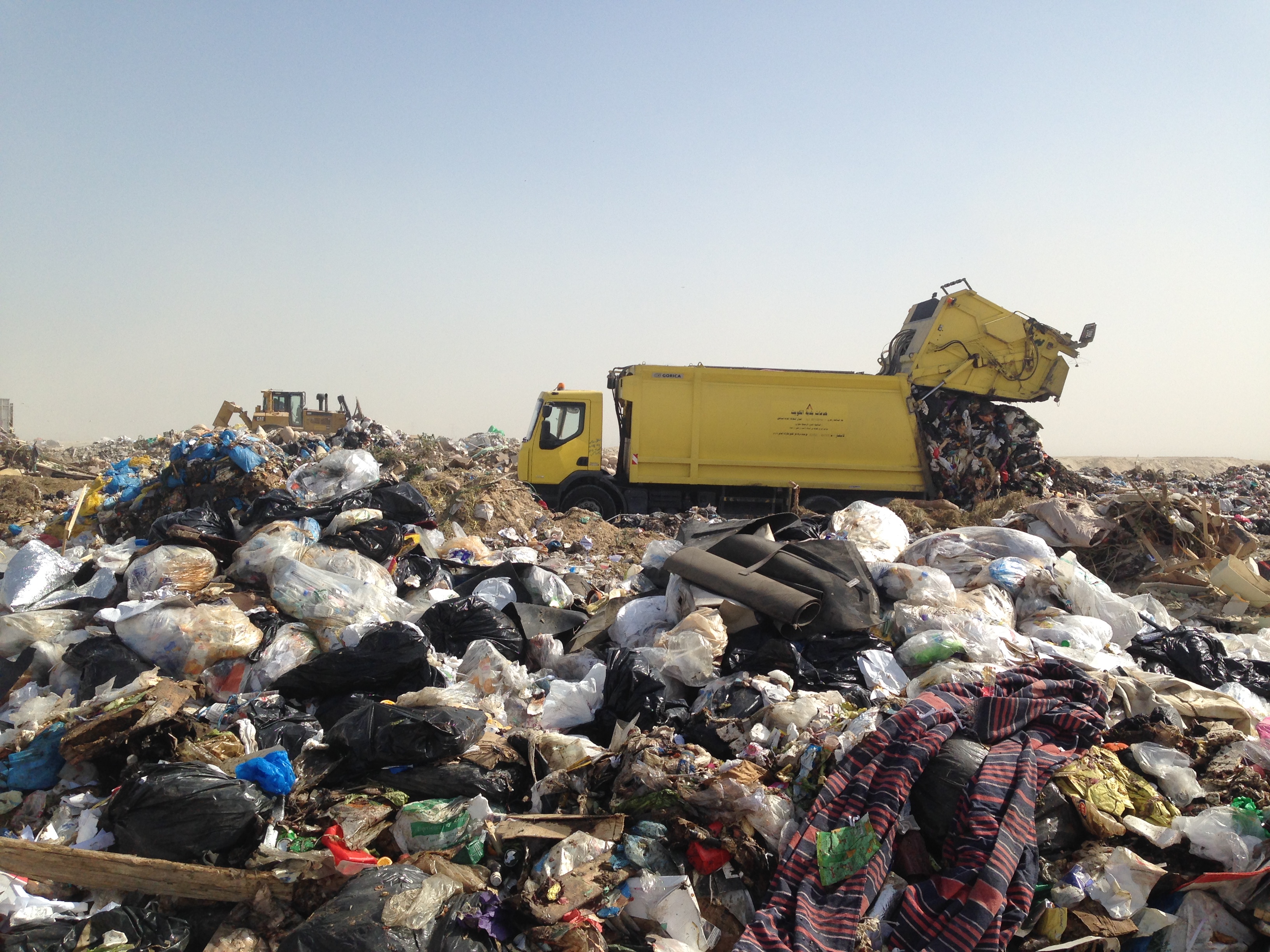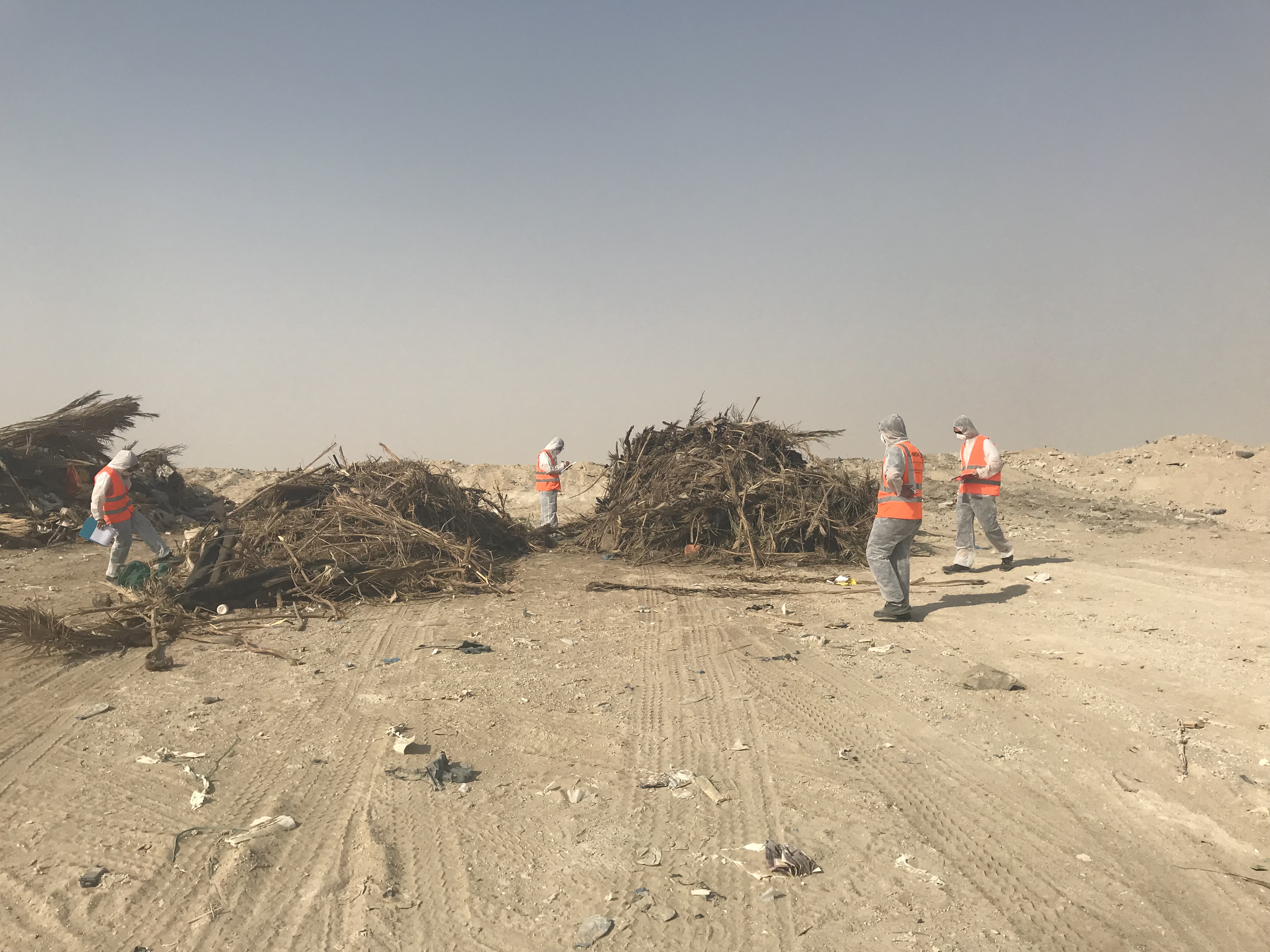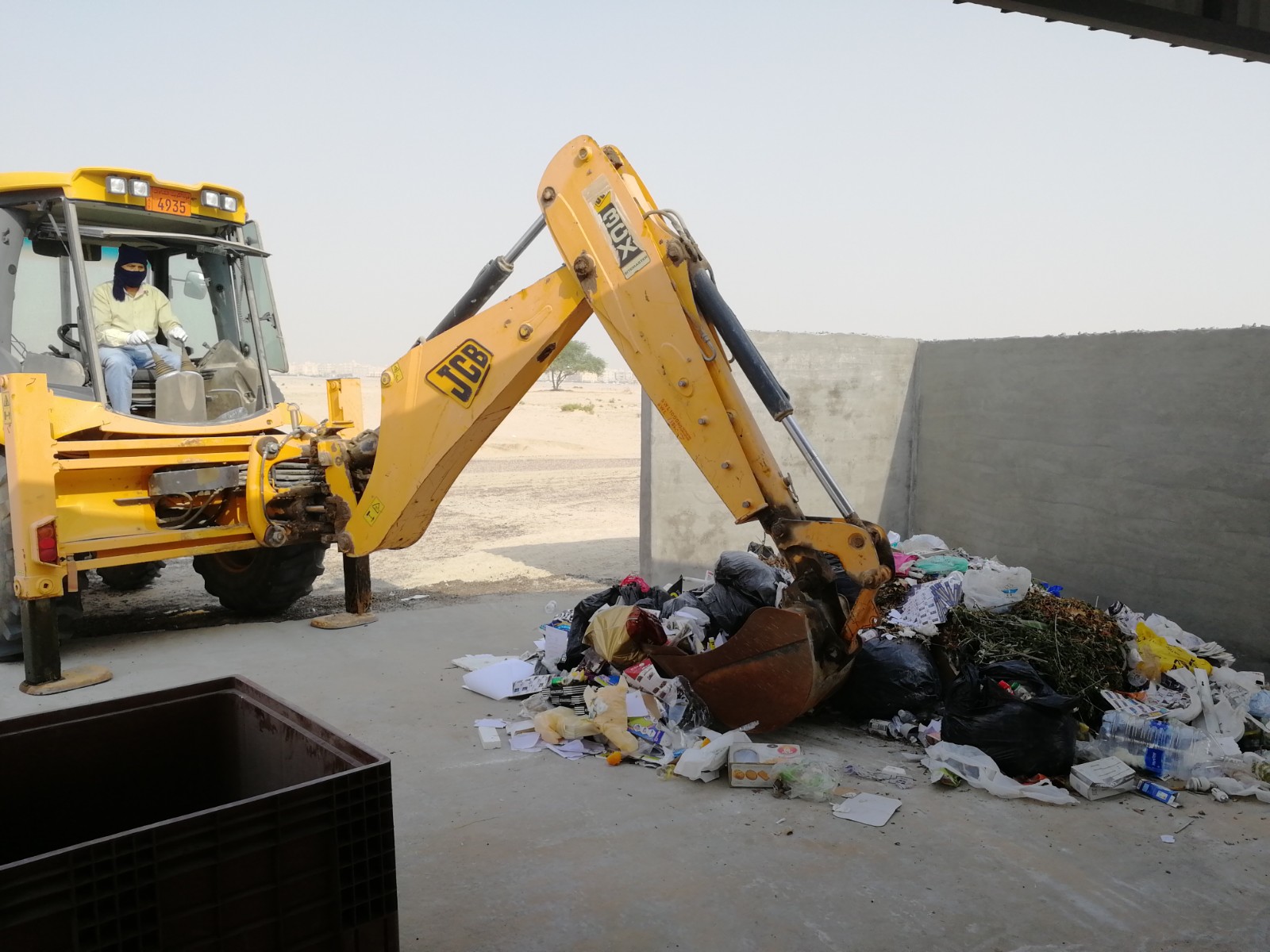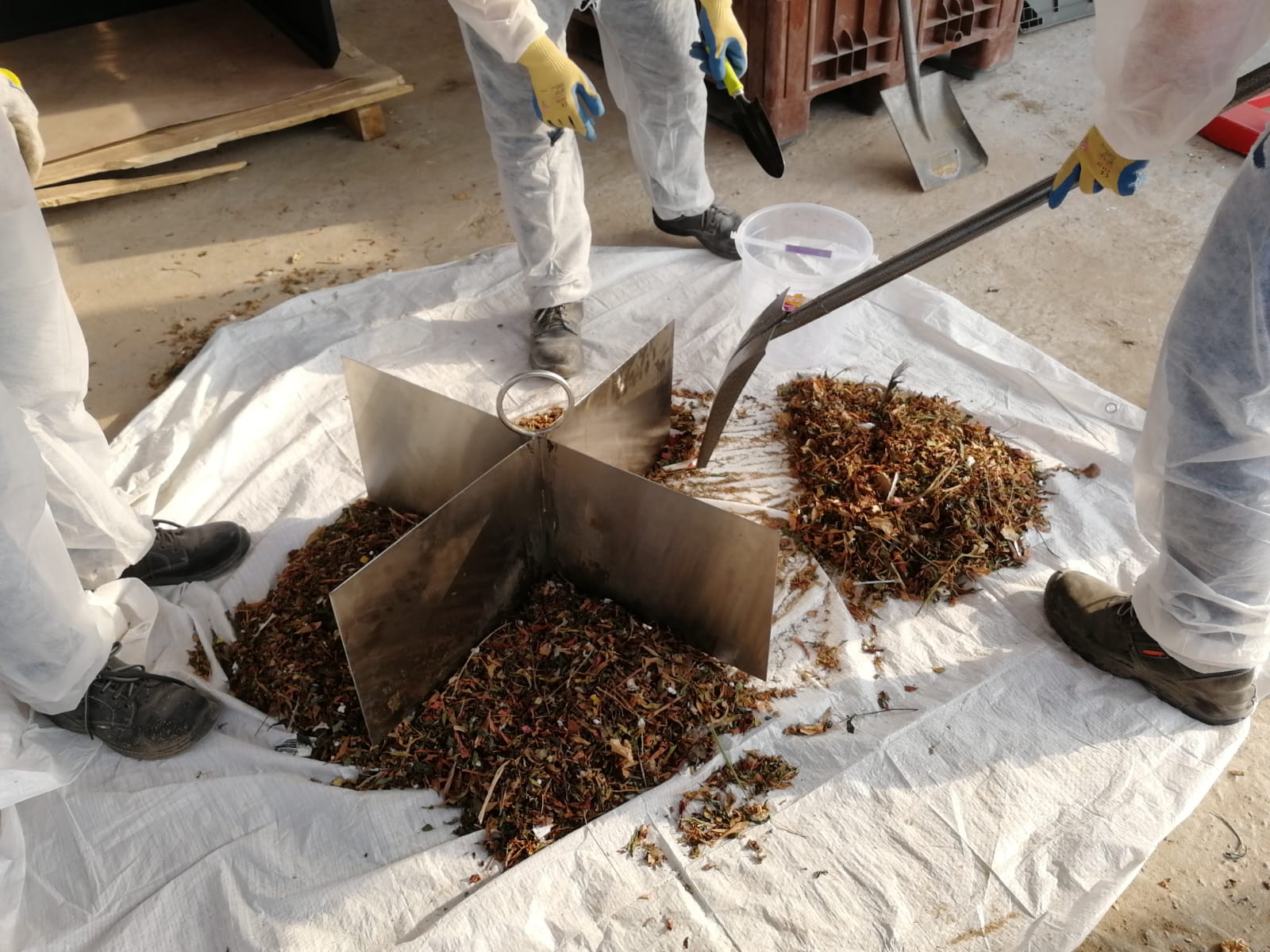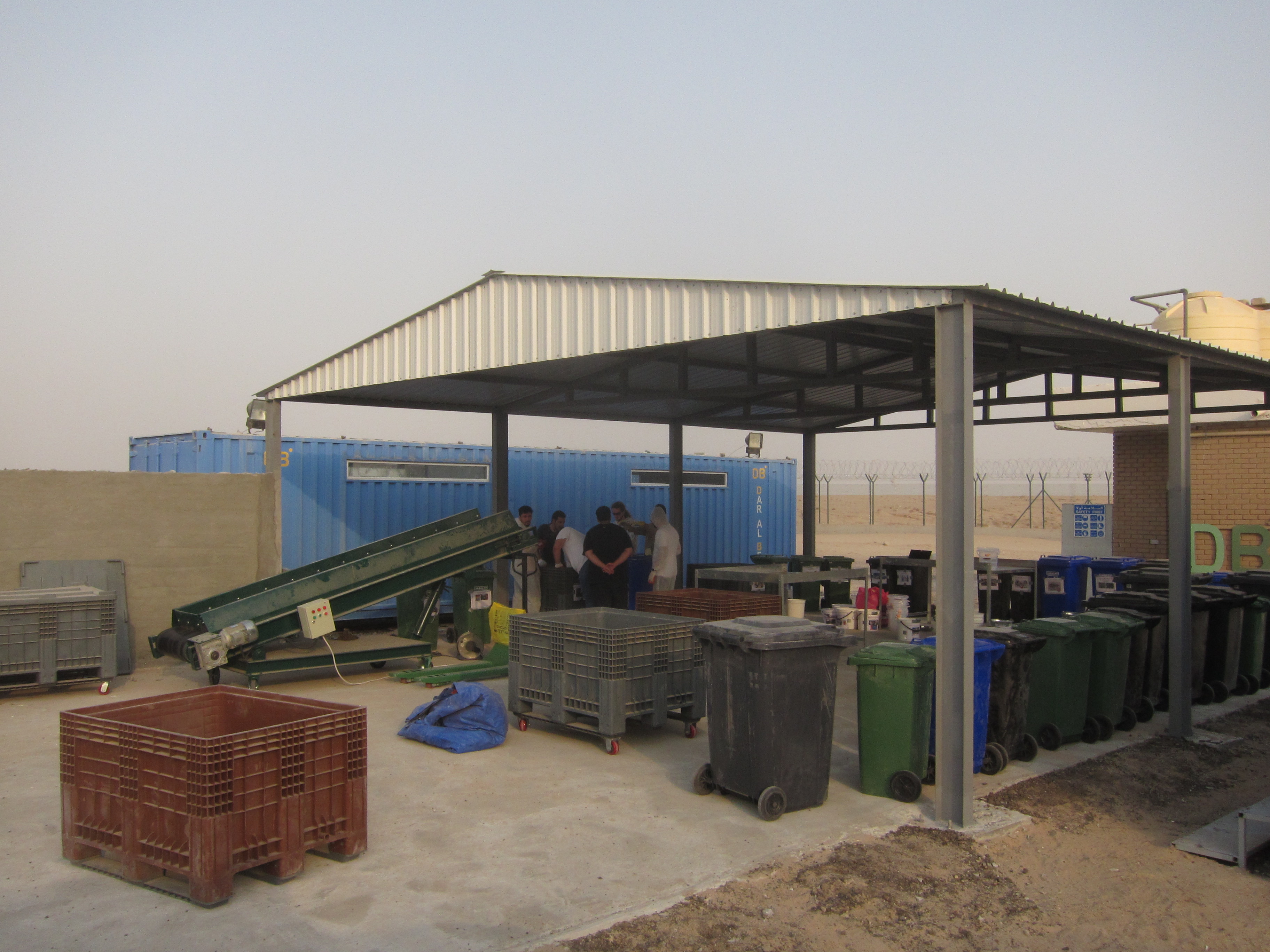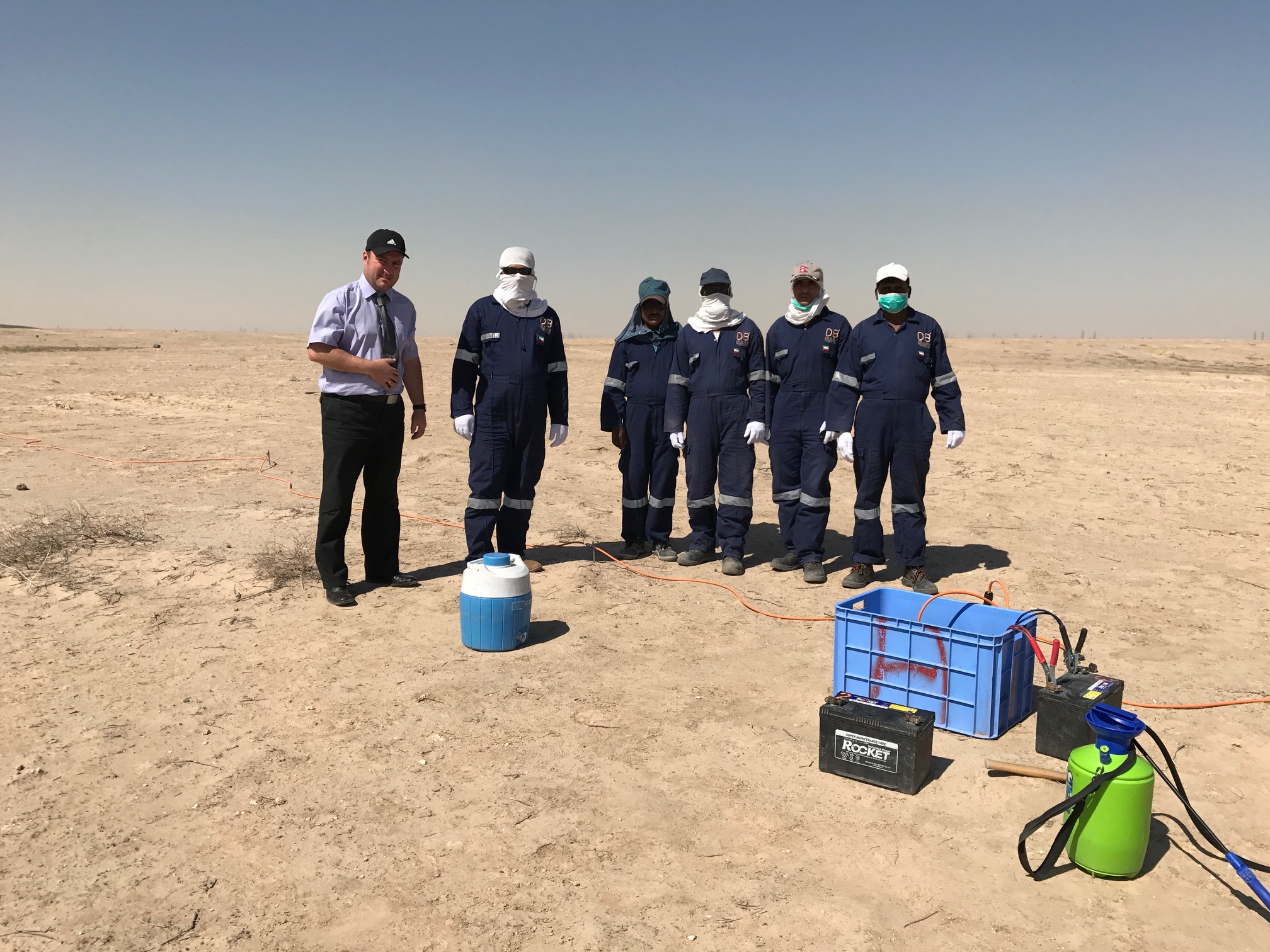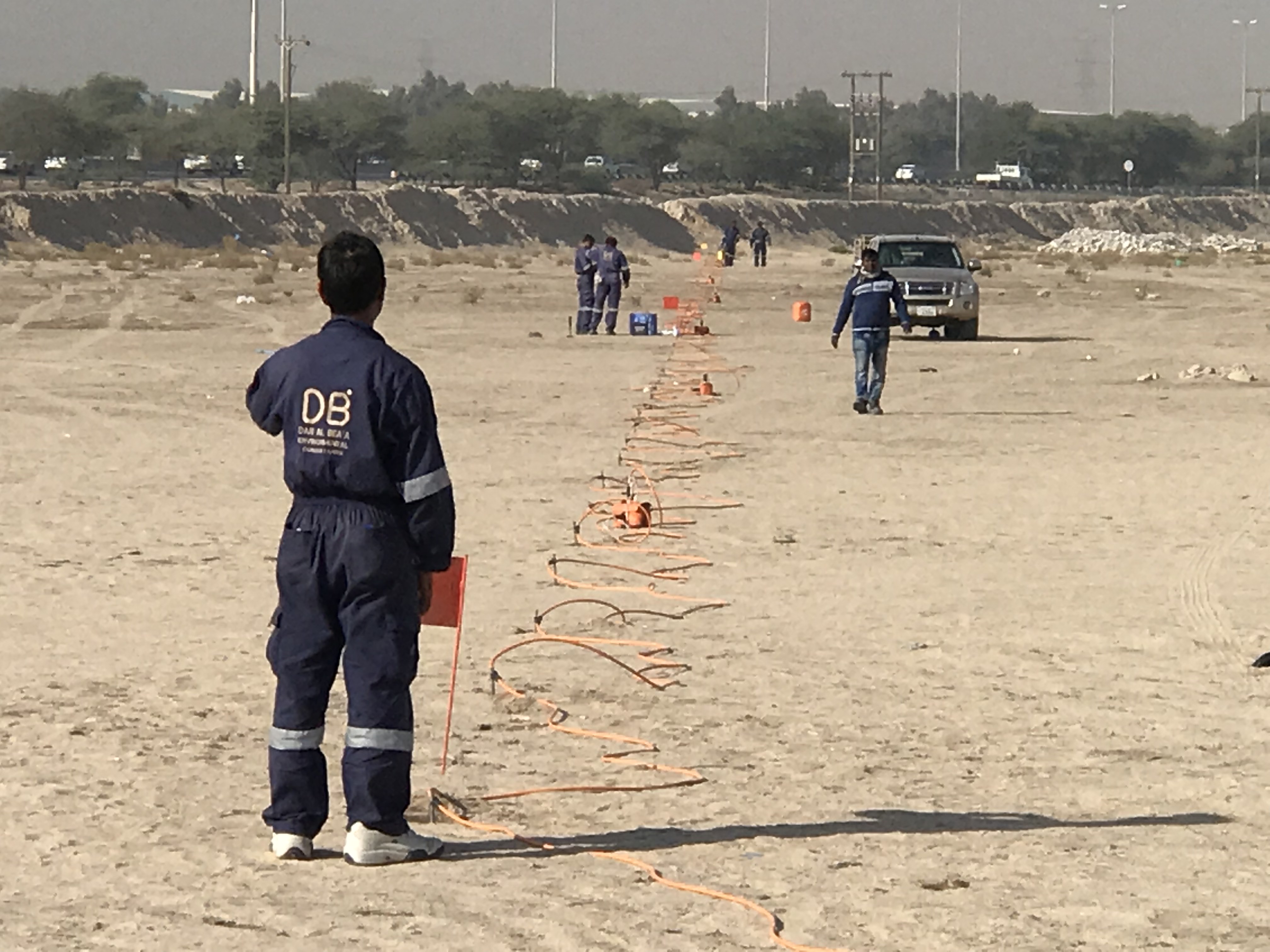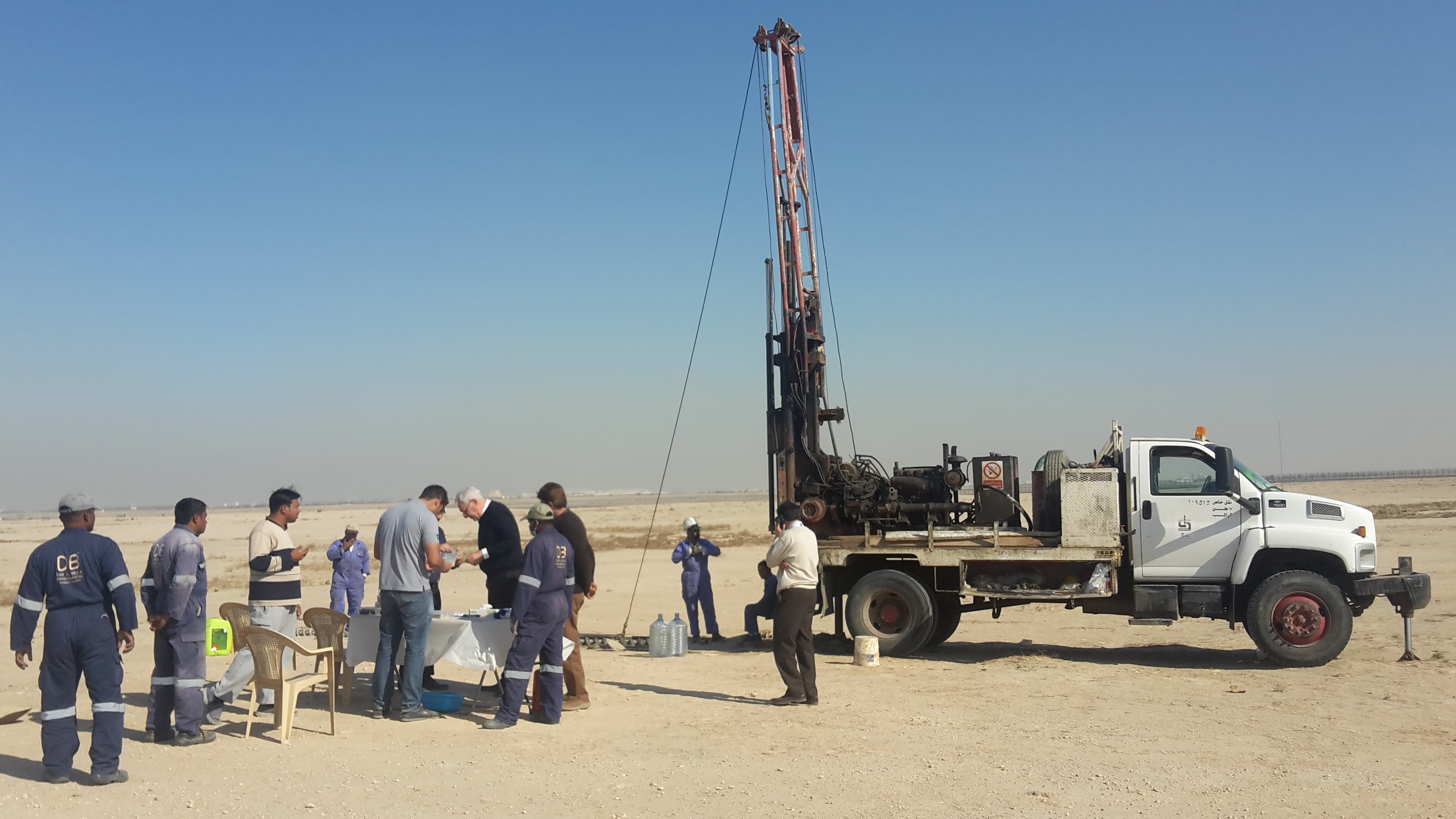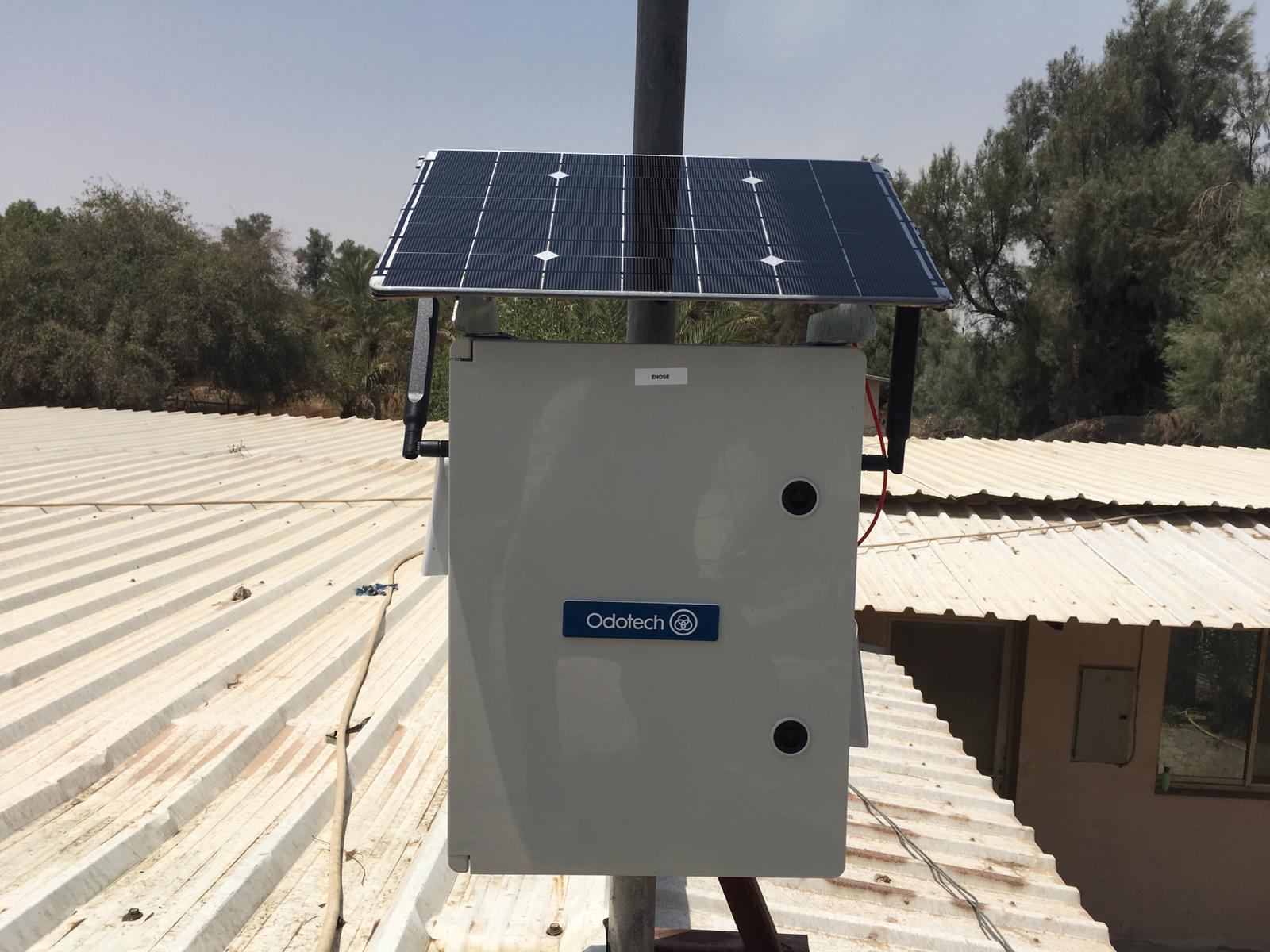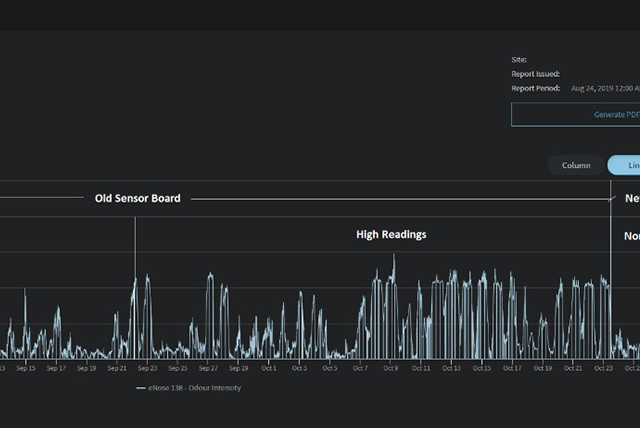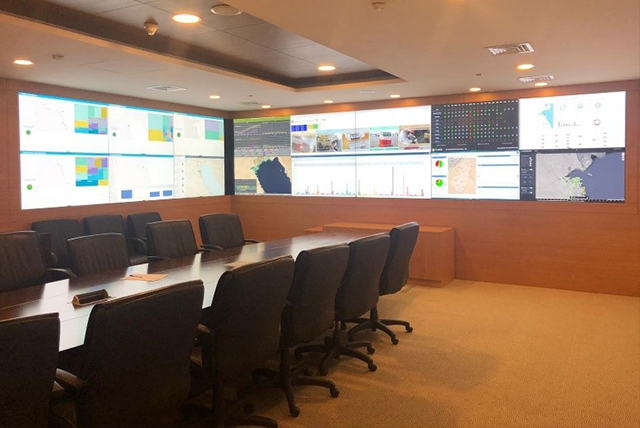The Recycling Management Department of Fraunhofer UMSICHT has received a major order to draw up a waste management plan for the Emirate of Kuwait. The project began in January 2017 and will run for four years. It has a volume of EUR 18 million. The client is the Environment Public Authority in Kuwait.
1. Phase: Inventory and collection of primary data
In the beginning, Prof. Dr. Ing. Matthias Franke and his team examined the situation on site. The project will provide a comprehensive inventory and collection of primary data in the Gulf State. In addition to municipal waste also commercial and industrial waste, construction waste, agricultural waste, hospital waste, industrial waste-water and sewage sludge will be examined with regard to volume, composition, sources and disposal routes. The scientists want to find out in detail the quantities of waste or its composition, what routes the waste takes and what the condition of the landfills are. For this analysis, Fraunhofer UMSICHT built and commissioned a sorting station at the decommissioned Jleeb landfill in October 2018.

